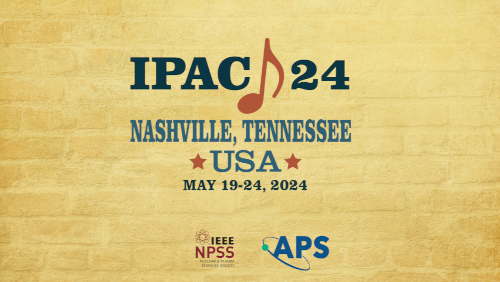Speaker
Description
This paper addresses the automation of particle accelerator control through reinforcement learning (RL). It highlights the potential to increase reliable performance, especially in light of new diagnostic tools and the increasingly complex variable schedules of specific accelerators. We focus on the physics simulation of the AWAKE electron line, an ideal platform for performing in-depth studies that allow a clear distinction between the problem and the performance of different algorithmic approaches for accurate analysis. The main challenges are the lack of realistic simulations and partially observable environments. We show how effective results can be achieved through meta-reinforcement learning, where an agent is trained to quickly adapt to specific real-world scenarios based on prior training in a simulated environment with variable unknowns. When suitable simulations are lacking or too costly, a model-based method using Gaussian processes is used for direct training in a few shots only. The work opens new avenues for implementing control automation in particle accelerators, significantly increasing their efficiency and adaptability.
| Region represented | Europe |
|---|---|
| Paper preparation format | LaTeX |
